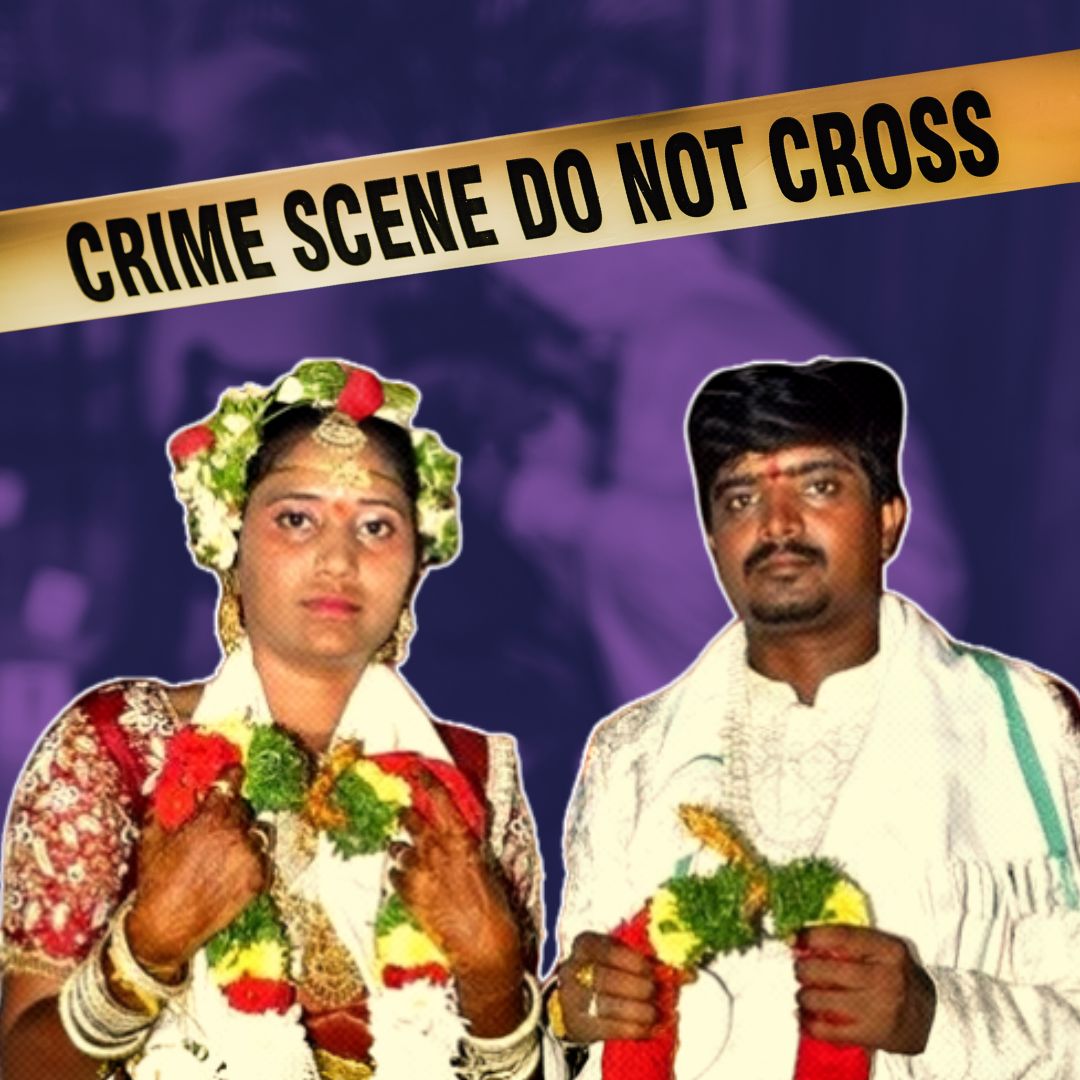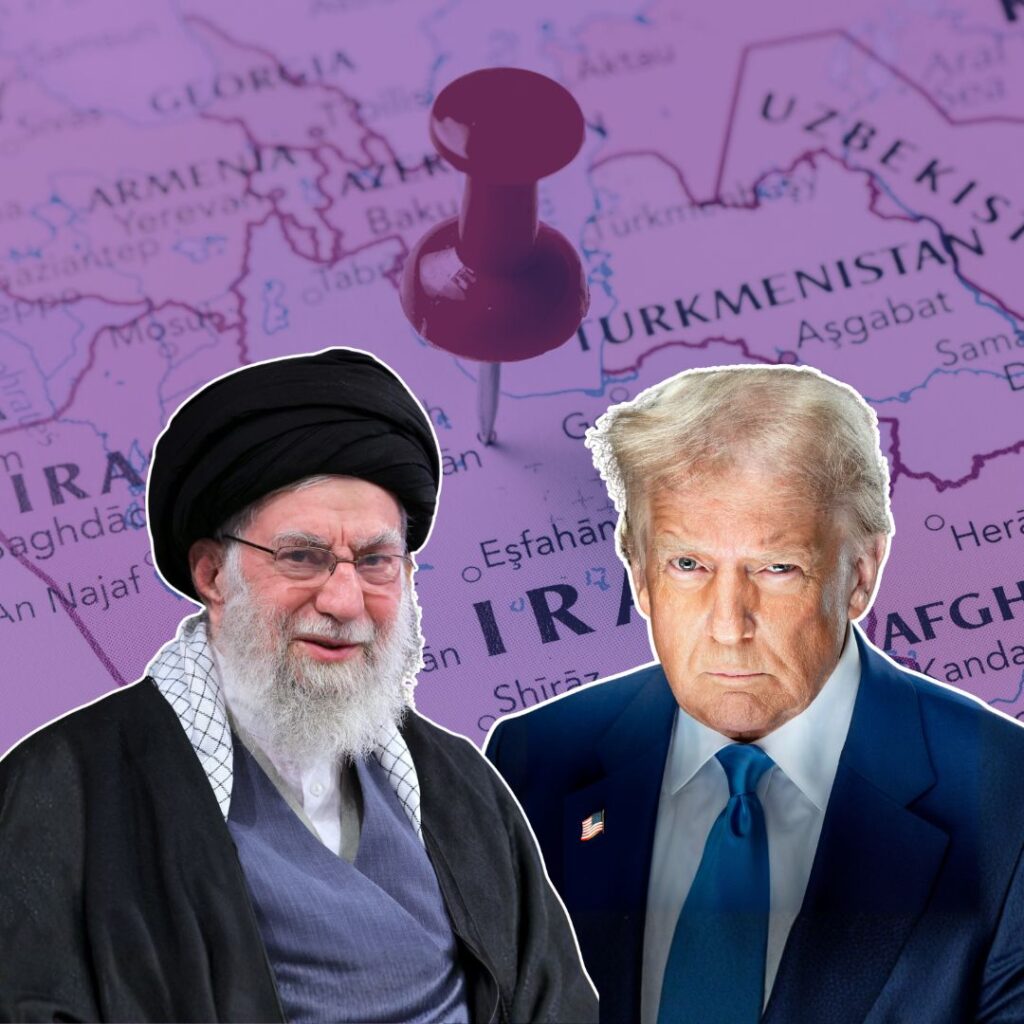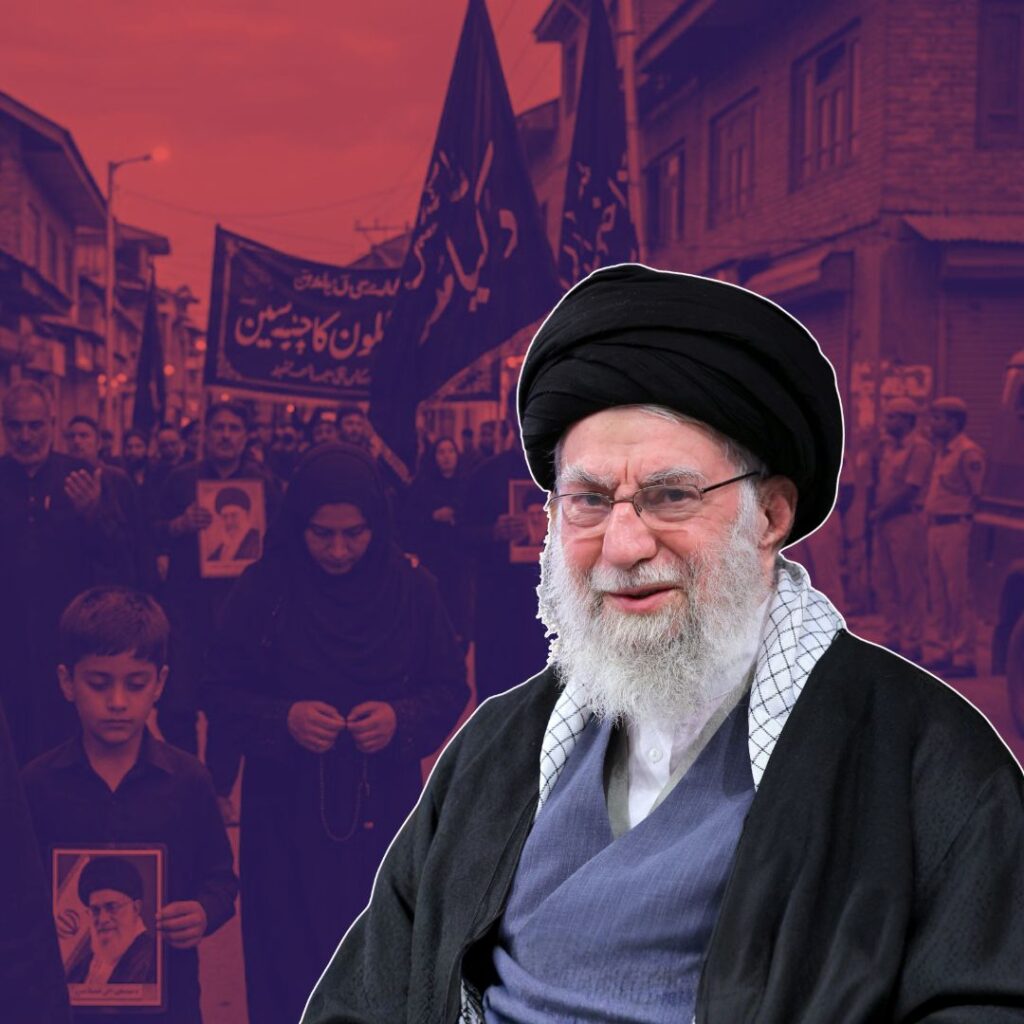In a shocking and tragic incident that has sent ripples across Telangana and Andhra Pradesh, Tejeswar, a 32-year-old land surveyor from Gadwal, Telangana, was allegedly murdered in Andhra Pradesh’s Nandyal district on June 21, 2025.
His body was discovered four days after he was reported missing, in a case that has exposed a chilling conspiracy allegedly orchestrated by his wife Aishwarya, her mother Sujatha, and Aishwarya’s alleged lover, Thirumala Rao.
The Disappearance and Discovery
Tejeswar was reported missing by his family on June 17, 2025, after he failed to return home. The family’s growing concern prompted the police to launch an investigation immediately. CCTV footage from the neighborhood allegedly showed Tejeswar leaving his home in a car, which became a critical lead in piecing together the events leading to his disappearance.
Police tracked Tejeswar’s mobile phone to the vicinity of the HNSS canal in Nandyal, where his decomposed body was later discovered. The state of the body indicated that he had been dead for several days, confirming the timeline of his disappearance and murder.
Police Investigation Unveils a Premeditated Crime
Superintendent of Police T Srinivasa Rao stated, “The evidence, including call records and CCTV footage, pointed to a premeditated crime. The suspects allegedly planned each step meticulously, from luring Tejeswar out of his home to the disposal of his body.”
Forensic teams recovered the alleged murder weapon and the car used in the crime, which were crucial in establishing the sequence of events. During interrogation, Aishwarya and her mother Sujatha allegedly confessed to their involvement in the crime. They revealed that they had coordinated with Thirumala Rao, who allegedly hired two contract killers to execute the murder. While Aishwarya and Sujatha have been arrested, Rao and the two hired killers remain absconding, with police launching an extensive manhunt to apprehend them.
A Marriage Marred by Alleged Deceit and Betrayal
Tejeswar’s marriage to Aishwarya was reportedly fraught with difficulties from the very beginning. Family sources allege that Aishwarya had previously eloped with Thirumala Rao, which led to the postponement of her wedding with Tejeswar. Despite this, Tejeswar married Aishwarya on May 18, 2025, hoping to start afresh and build a life together.
However, within weeks of their marriage, Tejeswar allegedly became suspicious of Aishwarya’s continued contact with Rao.
Investigators uncovered thousands of phone calls exchanged between Aishwarya and Rao after the wedding, suggesting an ongoing extramarital relationship. It is believed that this betrayal, combined with disputes over Tejeswar’s property, fueled the motive behind the alleged murder.
Aishwarya and Sujatha allegedly viewed Tejeswar as a hindrance to their plans with Rao, leading them to conspire in his murder. The involvement of close family members in such a brutal crime has left the local community in shock and mourning, with many expressing deep sorrow over the betrayal and violence within what was supposed to be a sacred relationship.
Broader Social Implications and Community Response
The brutality and alleged premeditation of the crime, coupled with the involvement of immediate family members, have sparked widespread outrage and renewed discussions on marital violence, trust, and the importance of communication in relationships.
This case highlights the devastating consequences that can arise when trust, empathy, and open communication break down. It also underscores the urgent need for better mental health support, conflict resolution mechanisms, and awareness programs aimed at preventing domestic and marital violence.
The Logical Indian’s Perspective: A Call for Justice and Compassion
The Logical Indian, reflecting on this tragic incident, emphasizes the importance of justice, compassion, and the strengthening of social bonds. We urge law enforcement agencies to conduct a thorough and transparent investigation, ensuring that all alleged perpetrators are brought to justice swiftly and fairly.
Moreover, this case prompts society to introspect: How can we better support individuals trapped in troubled relationships? What steps can communities and institutions take to foster a culture of empathy, accountability, and non-violence?
It is imperative to create safe spaces for dialogue, provide access to counseling, and educate people on healthy relationship dynamics to prevent such tragedies in the future.











